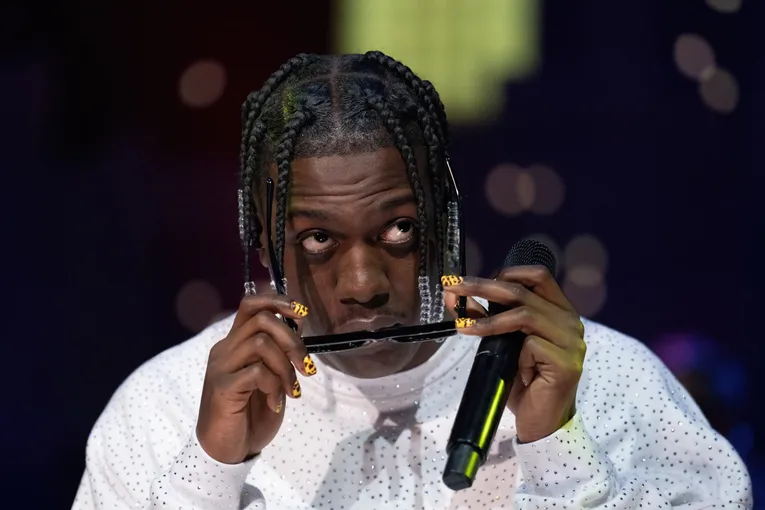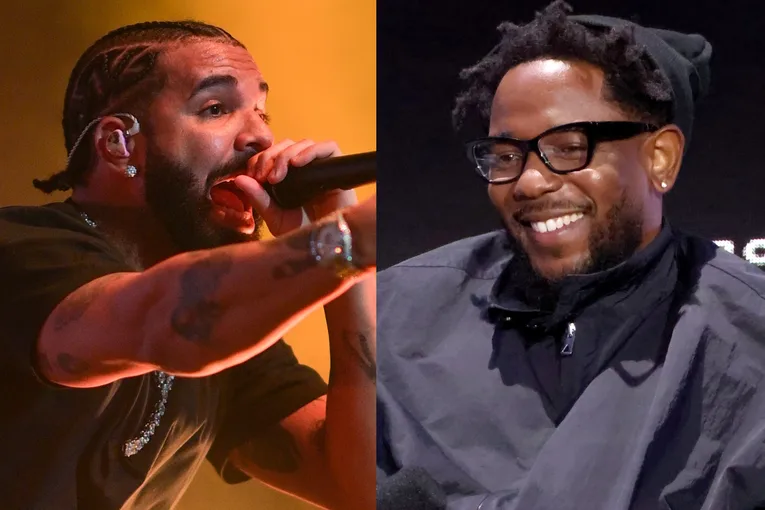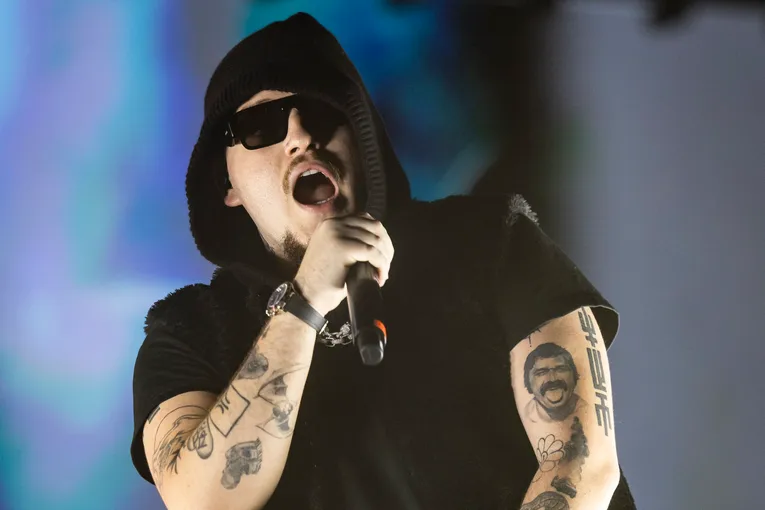Upcoming 100: What is the inspiration behind your music, and how do you hope your fans will connect with it?
Todd Hearon: Besides being a songwriter, I’m a poet, playwright and fiction writer, which means that words—the shapes and sounds of words and word-clusters—are inspirational to my songcraft. I try to make my song lyrics aspire to the condition of poetry. Each of those other art forms comes with its own set of audiences who have a more or less clear sense of what they want from your work and how they want to be moved by it or feel connected. To me, songwriting is the deepest-level connection because of the emotive presence and force of music. Melody, harmony, intonation, instrumentation bring so much to words, whereas in poetry all you have are words to do all the work. To illustrate this, take a poem and read it to an audience, then set it to music and watch how the reaction will differ. Music, if done right, in concord with the lyrics, deepens the words, and this opens audiences to that deeper connection. I would hope that audiences come away from my songs hearing in them something they themselves had wanted to say, about something they might have felt, but hadn’t yet been able to put it into words. Poetry, said Keats, should strike us as a remembrance of our highest thoughts. I think something similar and hope that for my songs.
Upcoming 100: Can you tell us about your songwriting process? Do you have a typical approach or do you like to experiment and try new things?
Todd Hearon: My process involves a lot of faith in the accidental. I very rarely, if ever, begin a song knowing where I want it to go, what I want it to be about. I walk Myrtle around the empty house just putting chords together with chords, trying things I’ve not tried before, seeing where the chord progressions take me. All the while, I’m singing melodies that are arising from the chords—not words, just mouth-music, open vowels and consonants. And then the right vowels and consonants begin to adhere to the melody line and begin to reveal themselves as words. Maybe it’s just a phrase. But that for me can be the beginning of a song. Then I’ve got to start building around it, thinking about the surrounding situation or emotional complex that might be giving rise to that phrase. Once I’ve got a couple of lines, I can see more clearly what the structure’s going to be—it’s going to be a song with long lines or shorts lines, the rhymes are going to be placed here and here. And once I have that, an idea of the structure, I have a much firmer sense of the direction in which the song wants to go. At some point in that process, character and voice begin to emerge. Then we’re on the road to emotional and narrative cohesion.
I would stress that the song has its own sense of direction, independent of me. It was incipient from the first, from the initial sounds (vowels and consonants) that arose out of the melody line that the chord progression was establishing. The song, if I let it, will teach me where it wants to go. And it will work with me as I instill it with the proper phrases and emotions and attitudes that are unique to its own being. It all sounds mysterious and hit-and-miss—and it is! But that’s the only way I know to go about it, to make it work for me. When I know what a song is going to be about, or when I have a rigid sense of where I want it to go, to me that’s just boring.
Upcoming 100: Who are some of your biggest musical influences, and how have they impacted your sound?
Todd Hearon: Influence is a big word and a slippery, shady territory. I believe artists are influenced by everything that flows into their eyes and ears (that’s what influence means at the root, a flowing-in), all the junk and stardust that swirls in the eddies of memory, imagination, personal obsession, serendipitous inspiration. The most notable musical influences on me—artists that developed my tastes and my sense of what’s durable—stretch from The Beatles to the Velvet Underground to Townes Van Zandt and Gillian Welch. The thing that holds those disparate artists together in my mind is that they were each able to achieve the highest condition, to me, of what songwriting can be, what we could call the highest quality, the holy grail: a song that seems as if it could have been written by anyone, and no one. Total anonymity. Townes called them “sky songs,” and his “Pancho and Lefty” is a perfect example. Gillian writes songs that sound as if they were written by the hills and the dawn.
Other influences? I had the clichéd high-school band experience, which developed into a more serious and long-lasting project in and after college. Our band, The Spin—we were a part of Dallas’s Deep Ellum scene—was definitely feeding off the alternative/college rock geist of the late ’80s/early ’90s; our jangly REM-style guitars roughened up with touring into something a little more Seattle-grungy-sounding. But notice the derivations. The first pivotal influence for me came when I purchased Harry Smith’s Anthology of American Folk Music. That collection drew me back to the music of my roots (I was born in Texas and raised in the Smoky Mountains of North Carolina); it also blew me open as to how various and wild and weird the native music of this country is. (I say “native” acknowledging it comes from everywhere.) The second pivot was in 2017 with the acquisition of an old 1950 Gibson J-50 guitar that I named Myrtle. She led me out of a long songwriting hiatus into territory that I never could have seen coming. We’ve co-written hundreds of songs since that time and just finished our third album together, Impossible Man. And that experience, too (the third album), was pivotal, in that it was produced by Don Dixon, whose sound had long been an influence on me (he produced the first two REM albums and bands like Guadalcanal Diary that I loved). The songs on Impossible Man and Don’s visionary direction mark a distinct shift in style from my earlier two albums, which bear heavy folk and classic-country influences, moving in some ways back into that ’90s alternative sound.
Upcoming 100: What's the most important lesson you've learned as a musician, and how has it helped you grow as an artist?
Todd Hearon: Trust the accidental. Trust the song and follow it where it wants to go.
Upcoming 100: How do you approach your live performances? Do you have any rituals or pre-show routines that help you get ready?
Todd Hearon: Vocal warm-ups are essential. But beyond that, I try not to think too much about the upcoming performance until the moment I step on stage—and even then, not to think too much. One should try to be absolutely present in the moment, treating each performance as a collaboration with each unique audience.
Upcoming 100: What's the most challenging part of being a musician, and how do you overcome those challenges?
Todd Hearon: Well, dry spells are hard. But you have to remind yourself that they’re necessary. Even Mozart, even Shakespeare, couldn’t be “on” all the time. You’ve got to find something else to occupy you—something as simple as walking the dog or weeding the garden. The inspiration during dry spells is simply the faith that other songs will eventually come. The field has to lie fallow for a time. But the wellsprings (or whatever metaphor you like) will open and return. They’ve done so before, and they will do so again. But—and this is crucial—they have to be able to trust you. You have to prove to them that you are an open receptacle/recipient. And you do this (I do this) by continuing the process I’ve described above. You’ve got to show up for work.
Upcoming 100: Can you tell us about some of your favorite songs or albums that you've worked on? What made them special to you?
Todd Hearon: All three of my solo albums are special to me in different ways. Border Radio came together during COVID and the isolation of lockdown. We had to rely on remote tracks, which turned into an opportunity for me to reconnect with musician friends from all over the country, some who go back to childhood. I think there were close to forty people assembled for that album. And it was amazing to see, in the editing process, how the tracks fit seamlessly together. It was like we’d all been playing together in one room! With Yodelady, my second album, there was the continued collaboration with engineer Tim Phillips, who is also an incredible musician and played on virtually every track. And then, being able to cut tracks in person with other fantastic musicians who live in this part of the country (the Seacoast region of New Hampshire)—that was really wonderful, and a reminder of how really fortunate I am, to have such friends, to live where I live. Then there was Impossible Man and working with the legendary Don Dixon…. I don’t expect ever to have a more enjoyable time making an album. We went down to North Carolina, to (the equally legendary) Mitch Easter’s iconic Fidelitorium studio where Don had assembled a star-studded ensemble of musicians—Rob Ladd, Peter Holsapple, Sam Wilson—industry pros. But so friendly and supportive of the songs. We cut the album (eleven songs) in three days.
As for individual songs, I think “Maybe in a Blue Moon” from my first album would rank pretty high, in its structural patterns and serendipities and its articulation of longing. The strangest song I’ve ever written (and also one of my favorites) is “Guillotine,” off the latest record. You can find them here: [Spotify links]
Upcoming 100: What's the most rewarding part of being a musician, and how does it make you feel when you see your fans connecting with your music?
Todd Hearon: I think the second part of your question answers it for me. To see people connecting—singing along, nodding their heads, smiling, tapping their feet, even (sometimes) dancing—that to me is true success. The human connection between something you made—or that came to exist through you—and other people.
Upcoming 100: How do you balance your creative pursuits with other aspects of your life, such as personal relationships or business responsibilities?
Todd Hearon: Family comes first, of course. Then there’s the day job, which fortunately for me involves working with brilliant, creative and highly motivated young people. So that in itself is inspiring and feeds into the creative pursuits. (Family does, too: I’m married to an accomplished poet, Maggie Dietz, and have two extraordinarily gifted artistic twins.)
A big question certainly is balance, especially when it comes to staying true to your artistic vision while navigating the commercial demands of the music industry. The one side of the brain has to play Secretary while the other side (the Artist) is sleeping. And vice versa. The other way I’d answer this is that the problems are different (and at times non-existent) for an independent artist like myself. I’ve felt fortunate to be able to follow my artistic vision on every album that I’ve made. There’s no one dictating to me to go in this or that direction or even adhere to consistency. I can do pretty much whatever I want, up to what my budget will allow. I really only come up against “the commercial demands of the music industry” when I’m trying to sell a song or book a gig.
Upcoming 100: Can you tell us about any upcoming projects or tours that you're excited about? What can fans expect from these new releases?
Todd Hearon: My band (it’s a big, seven-piece combo) and I have been playing shows in support of the new album, Impossible Man, which released last August. It’s been exciting to play in some of the best listening places in our part of New England—The Word Barn in Exeter, the Music Hall Lounge in Portsmouth, The Stone Church in Newmarket, to name a few. We’re super excited to play some upcoming shows in the Boston and Lowell areas—The Burren and the Worthen House.
Upcoming 100: What advice would you give to aspiring musicians who are just starting out in their careers? What's the most important thing they should know about making it in the music industry?
Todd Hearon: Try to find a small group of like-minded, talented musicians who not only keep you inspired but can help provide you with a sense of artistic community. It can get lonely out there and demoralizing if you’re trying to do it all on your own. Find some folks to share the struggles with, as well as the felicities and successes. A network is stronger than an individual. You yourself, with others, can be part of developing a sound, maybe even a local or regional scene, and that to me is one way of “making it” in this industry. Secondly, calibrate your definition of success to the possible. Don’t let other people define it for you. Do your best with what’s given to you for as long as you can, and that will be success enough.







